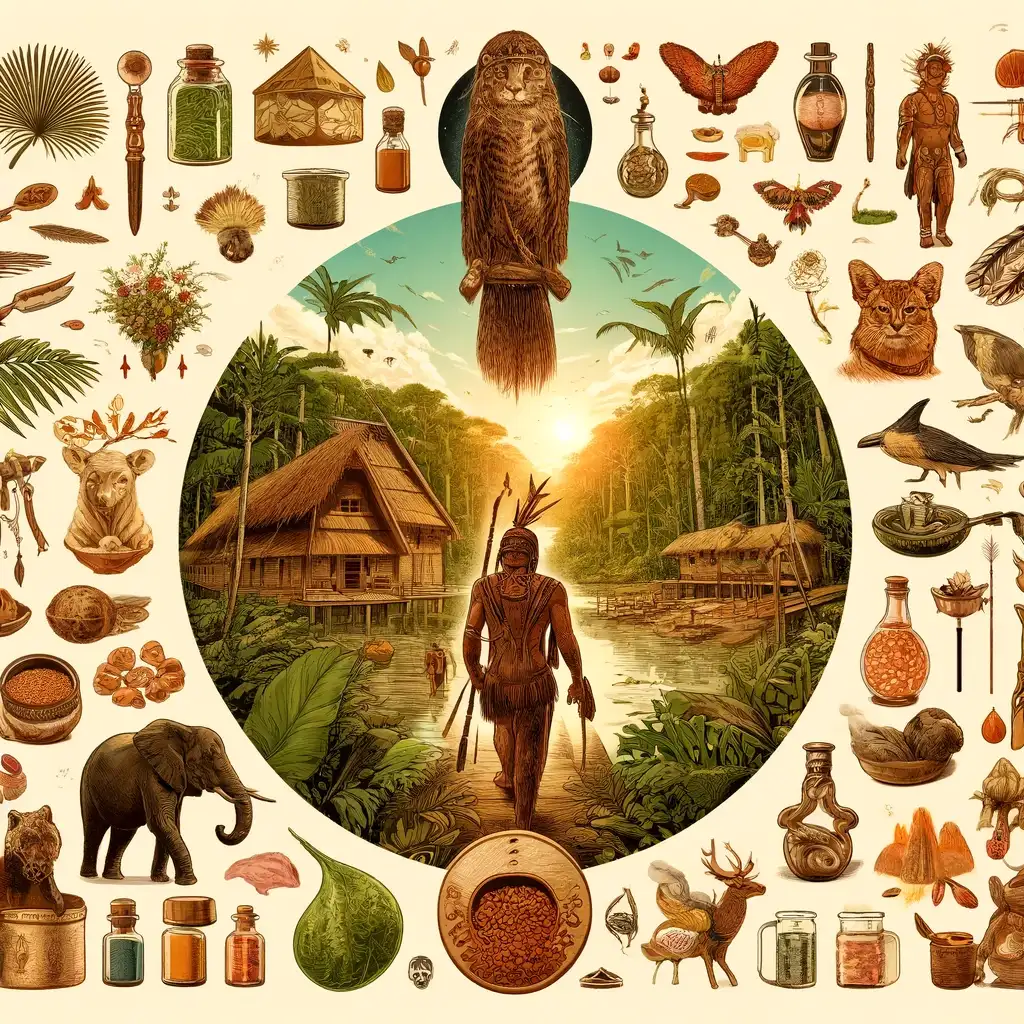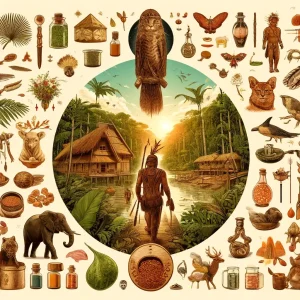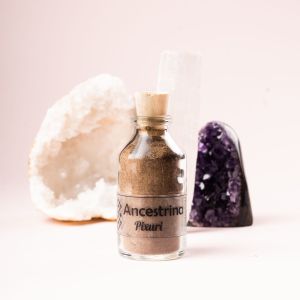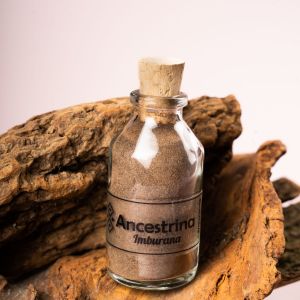A People with Deep Roots
The Apurinã, who self-identify as “Popũkare”, are an indigenous tribe of the Maipure-Aruak language family, located along the banks of the Purus River in the Brazilian Amazon. With a rich worldview and a history marked by exploitation during the rubber cycles, today they face significant challenges in protecting their ancestral lands and cultural heritage.
Indigenous Lands and the Struggle for Recognition
The Apurinã currently reside on 27 Indigenous Lands, with varying levels of official recognition. While twenty of these lands have been completely demarcated and registered, others are in various phases of study and declaration. The fight for recognition and against logger invasions remains a priority to ensure the preservation of their territory, which is vital for their physical and cultural survival.
Cultural and Linguistic Preservation
Despite having been discriminated against for speaking their native language, the Apurinã are in a process of linguistic and cultural revitalization. Efforts to rescue and promote the Apurinã language are crucial to keeping its cultural heritage alive and strengthening community identity in the face of external pressures.
Social Structure and Traditions
Apurinã society is organized into clans, where membership is determined by paternal lineage. Clan-specific traditions and food prohibitions play an important role in daily life and social structure. The Apurinã deeply value their traditional rituals and practices, including inter-clan marriages, which are essential to maintaining social and cultural balance.
Spiritual and Ritual Practices
The shaman, or “Mũpuraru” as they are called, is a central figure in the Apurinã community. Through rituals involving elements such as snuff and ayahuasca, the shaman not only heals physical illnesses but also spiritually, maintaining the well-being of the community. Rituals, such as Kamatxi and Xingané, are occasions to bring the community together, reaffirm social and cultural ties, and honor spirits and ancestors.
Current Challenges and the Way Forward
As the Apurinã continue to face modern challenges, such as encroachment on their lands and loss of biodiversity, their resilience and adaptability have allowed them to preserve a rich cultural tradition that remains vital to their identity. Continued support for their territorial and cultural rights is essential for their survival and future prosperity.
Explore more about your spiritual and ancestral well-being with Ancestrina. Visit our store to discover authentic products that connect you with ancestral traditions, or join our community to learn more and share your experiences. Your journey towards holistic well-being starts here! Click here to learn more and begin your journey with us.









